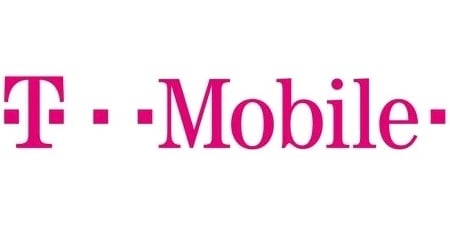Investors do not think much of T-Mobile US Inc. (NASDAQ: TMUS), which probably means they do not think well of its aggressive price cutting plans. The carrier’s share price is up less than 6% over the past year, compared to a nearly 13% for the S&P 500. Source: courtesy of T-Mobile US Inc.
Source: courtesy of T-Mobile US Inc.
The latest of these plans is aimed at small businesses. T-Mobile now offers what it says are better features than those of larger carriers. The pricing may be an enticement. However, the most powerful argument against use of the plans is T-Mobile’s low ratings for service among America’s four largest carriers. In the recent J.D. Power U.S. Wireless Network Performance Study, T-Mobile did poorly, although it topped Sprint Corp. (NYSE: S) in several categories. T-Mobile barely did better in a recent RootMetrics report. T-Mobile may believe it can price cut its way to more subscribers, but that is a dicey plan.
ALSO READ: The 10 Top US Wireless Trends for the Big 4 Carriers
Perhaps the fact that T-Mobile will offer huge incentives for business customers will overcome its quality reputation, as those incentives are strong. Among them:
Stuck with your current carrier? Only T-Mobile can set your business free. Starting March 22, T-Mobile will pay off your remaining phone payments from your old carrier. Just trade in your devices and we’ll cover your remaining phone payments — as much as $650 for the first 10 lines with a trade-in credit and Visa® Prepaid Card. Starting with 11 lines — get up to $100 per line bill credit.
T-Mobile only made $247 million on $29.6 billion last year. It has $21.2 billion in long-term debt, on which the debt service will be $9.5 billion. T-Mobile’s ability to fund deep discounts comes with a cost that it cannot afford as easily as the industry’s two giants, AT&T Inc. (NYSE: T) and Verizon Communications Inc. (NYSE: VZ). And it puts the company’s financial position at further risk.
T-Mobile’s new business plan is very aggressive. One potential problem the carrier has to explain to investors is whether it loses money on most of the new subscribers it captures. “Lose money on subscribers and make it up on volume?” T-Mobile might want to pass the answer along to Wall Street.
ALSO READ: 5 Potential Takeover Candidates in Telecom and Wireless
Sponsored: Find a Qualified Financial Advisor
Finding a qualified financial advisor doesn’t have to be hard. SmartAsset’s free tool matches you with up to 3 fiduciary financial advisors in your area in 5 minutes. Each advisor has been vetted by SmartAsset and is held to a fiduciary standard to act in your best interests. If you’re ready to be matched with local advisors that can help you achieve your financial goals, get started now.
Thank you for reading! Have some feedback for us?
Contact the 24/7 Wall St. editorial team.



